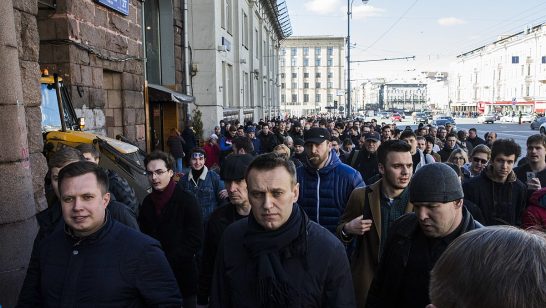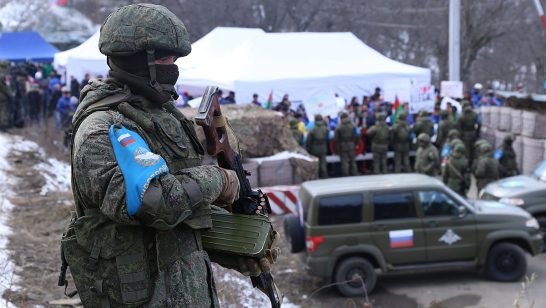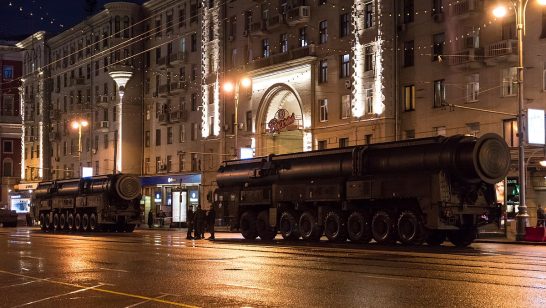
After Russia’s invasion of Ukraine in February 2022, governments in the former Soviet Union were immediately forced to deal with difficult geopolitical realities and make quick decisions as to how the invasion affected foreign policy presentation. For some countries, such as Georgia, Moldova, and the Baltic States, the invasion largely served to solidify their pro-Western tilts. However, for many other governments, deciding how to adapt foreign policy was not so simple.
This report uses quantitative and qualitative analysis to show increased heterogeneity in geopolitical positioning among post-Soviet states, with some countries moving closer to Russia, others moving further away, and some being forced to re-evaluate their relations with Moscow entirely. The case studies show the level of complexity and nuance present in the decision-making processes of all governments in the region and find that even the more “pro-Russian” states have shown openness to working more with the West, even after the beginning of the conflict
In light of these realities, there are some key lessons that Western policymakers should take from this report:
- Policymakers should understand that many countries traditionally seen as more “pro-Russian” have continued developing nuanced foreign policy profiles after the start of Russia’s 2022 invasion of Ukraine, many of which invite multi-vector approaches and greater attention from Western governments.
- Even if many countries in the former Soviet Union do not formally condemn the invasion, Western policymakers should steer away from approaches centred around some form of “if you’re not with us, you’re against us”, as such approaches are ultimately counterproductive and undercut Western influence in the region, both today and in the future.
- Instead, Western governments should work to develop ties with countries in the region while understanding that they will look to other, potentially less pro-Western, partners as well.
Read the full report here.
The opinions articulated above do not necessarily reflect the position of the ELN or any of its members. The ELN’s aim is to encourage debates that will help develop Europe’s capacity to address the pressing foreign, defence, and security policy challenges of our time.
Image credit: Wikimedia Commons / Kreminlin.ru



